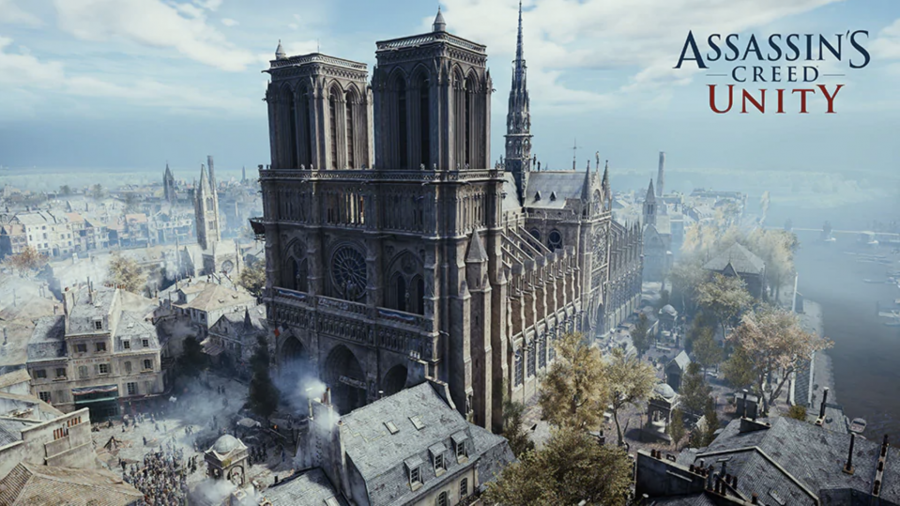Chess Forum in Greenwich Village is, like Gramercy Typewriter and the Upper East Side’s Tender Buttons, the sort of shop New Yorkers feel protective of, even if they’ve never actually crossed the threshold.
“How can it still exist?” is a question left unanswered by “King of the Night,” Lonely Leap’s lovely short profile of Chess Forum’s owner, Imad Khachan, above, but no matter. We’re just glad it does.
The store, located a block and a half south of Washington Square, looks older than it is. Khachan, hung out his shingle in 1995, after five years as an employee of the now-defunct Village Chess Shop, a rift that riled the New York chess community.
Now, things are much more placid, though the film incorrectly suggests that Chess Forum is the only refuge where chess loving New Yorkers can avail themselves of an impromptu game, take lessons, and buy sets. (There are also shops in Brooklyn, Harlem, and the Upper East Side.) That said, Chess Forum might not be wrong to call itself “New York’s last great chess store.” It may well be the best of the last.
The narrow shop’s interior triggers nostalgia without seeming calculation, an organic reminder of the Village’s Bohemian past, when beret-clad folkies, artists, and students wiled away hours at battered wooden tables in its many cheap cafes and bars. (Two blocks away, sole survivor Caffé Reggio’s ambience is intact, but the prices have kept pace with the neighborhood, and the majority of its clientele are clutching guidebooks or the digital equivalent thereof.)
Khachan, born in Lebanon to Palestinian refugees, gives a warm welcome to tourists and locals alike, especially those who might make for an uneasy fit at tonier neighborhood establishments.
In an interview with the Greenwich Village Society for Historic Preservation, he recalled a “well-dressed and highly educated doctor who would come in wearing his Harvard logo sweater, and lose repeatedly to a homeless man who was a regular at Chess Forum and a chess master.”
The game also provides common ground for strangers who share no common tongue. In Jonathan Lord’s rougher New York City chess-themed doc, Passport Play, Khachan points out how diagrams in chess books speak volumes to experienced players, regardless of the language in which the book is written.
The store’s mottos also bear witness to the value its owner places on face-to-face human interaction:
Cool in the summer, warm in the winter and fuzzy all year long.
Chess Forum: An experience not a transaction
Smart people not smart phones. (You can play a game of chess on your phone, Khachan admits, but don’t fool yourself into thinking that it’s giving you a full chess experience.)
An hour of play costs about the same as a small latte in a coffeehouse chain (whose prevalence Khachan refers to as the Bostonization of NYC.) Senior citizens and children, both revered groups at Chess Forum, get an even better deal—from $1/hour to free.
Although the store’s official closing time is midnight, Khachan, single and childless, is always willing to oblige players who would stay later. His solitary musings on the neighborhood’s wee hours transformation supply the film’s title and meditative vibe, while reminding us that this gentle New York character was originally drawn to the city by the specter of a PhD in literature at nearby NYU.
Readers who would like to contribute to the health of this independently owned New York City establishment from afar can do so by purchasing a chess or backgammon set online.
Related Content:
When John Cage & Marcel Duchamp Played Chess on a Chessboard That Turned Chess Moves Into Electronic Music (1968)
Chess Grandmaster Garry Kasparov Relives His Four Most Memorable Games
Man Ray Designs a Supremely Elegant, Geometric Chess Set in 1920–and It Now Gets Re-Issued
A Human Chess Match Gets Played in Leningrad, 1924
A Free 700-Page Chess Manual Explains 1,000 Chess Tactics in Plain English
Claymation Film Recreates Historic Chess Match Immortalized in Kubrick’s 2001: A Space Odyssey
Play Chess Against the Ghost of Marcel Duchamp: A Free Online Chess Game
Chess Grandmaster Maurice Ashley Plays Unsuspecting Trash Talker in Washington Square Park
Ayun Halliday is an author, illustrator, theater maker and Chief Primatologist of the East Village Inky zine. See her onstage in New York City through December 20th in the 10th anniversary production of Greg Kotis’ apocalyptic holiday tale, The Truth About Santa. Follow her @AyunHalliday.


